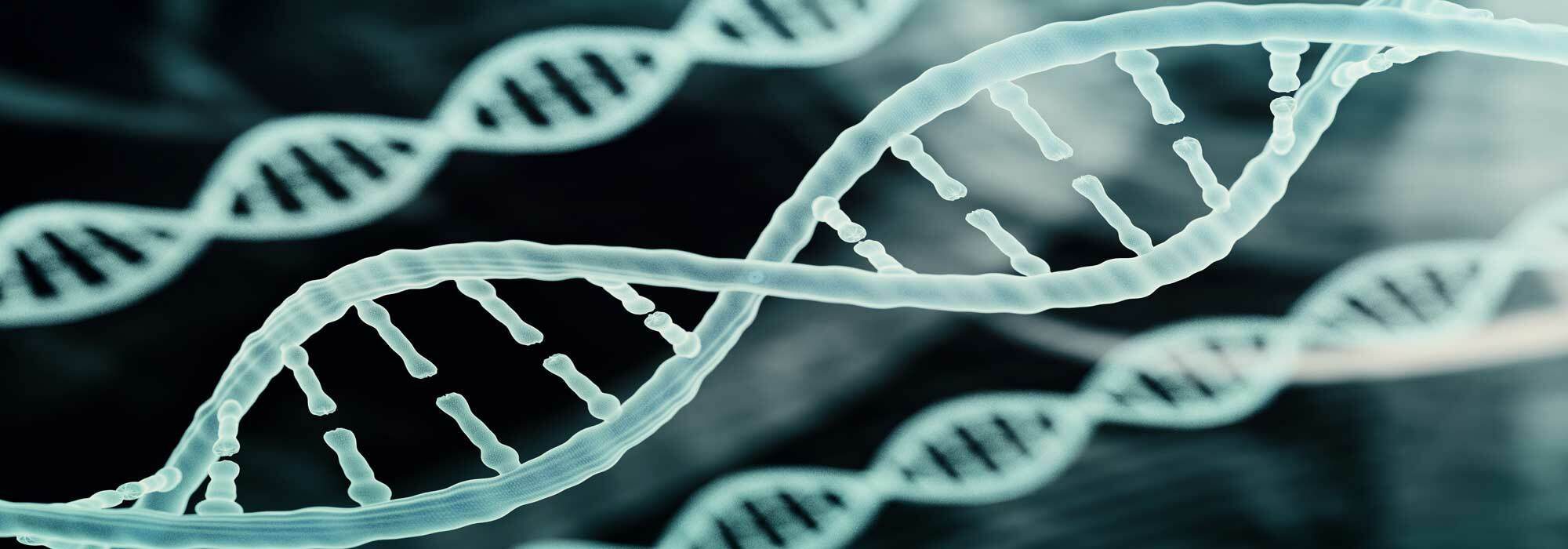Earn Your Bachelor's Degree in Bioinformatics
The bachelor’s degree in Bioinformatics is an interdisciplinary major combining courses in biology, computer science, mathematics, and chemistry. Students utilize knowledge from these four disciplines to solve modern problems related to biology and medicine. In bioinformatics, complex genomic and proteomic data are analyzed with computational approaches resulting in novel discoveries furthering the understanding of human health and other organisms. This program is designed to prepare majors to excel in jobs in industry or enter graduate programs in bioinformatics or related disciplines.

Why study Bioinformatics?
There continues to be a practically unlimited amount of complex genomic and proteomic data produced without a comprehensive analysis or adequately-trained scientists to conduct the analysis. The field of bioinformatics is a growing field with high demand for trained bioinformatics scientists.
What are some career options?
- Bioinformatics scientist
- Biomedical engineer
- Biostatistician
- Microbiologist
- Digital health product manager
- Biomedical data scientist
What are some courses I will take?
- BIOL 3310/3110—Genetics and Genetics Lab
- BIOL 4374—Bioinformatics
- BIOL 4185—Bioinformatics Research Capstone
- CHEM 4430—Biochemistry
- MATH 1330 & 2330—Calculus I & II
- CISC 4327—Database Theory and Application
Why choose to study Bioinformatics at Â鶹ÊÓƵ?
Bioinformatics majors have the opportunity to conduct independent research under the guidance of a Â鶹ÊÓƵ faculty member. Students present their research at regional conferences and may publish in regional publications.
